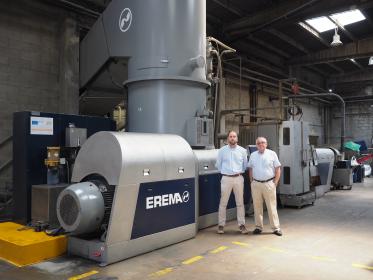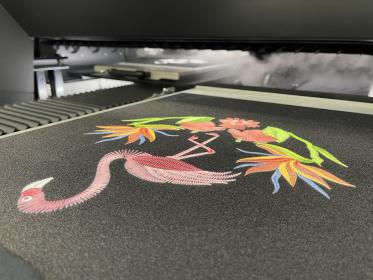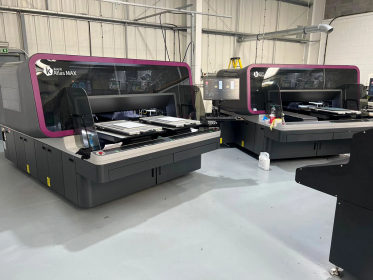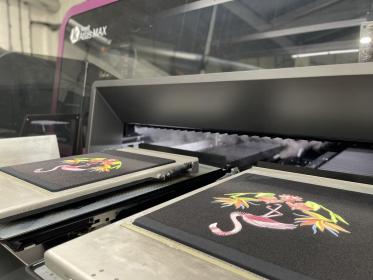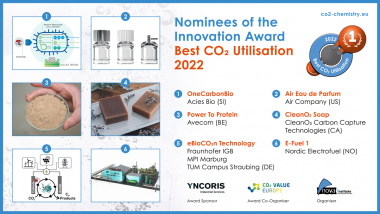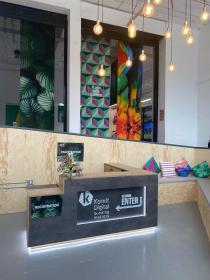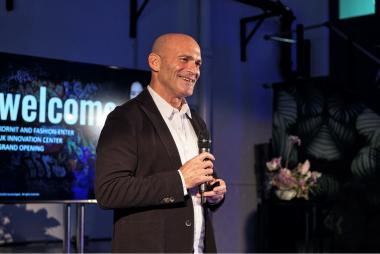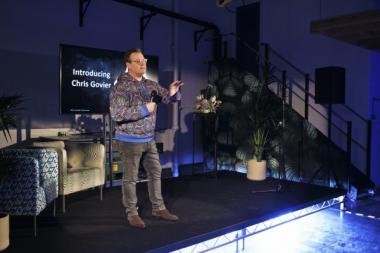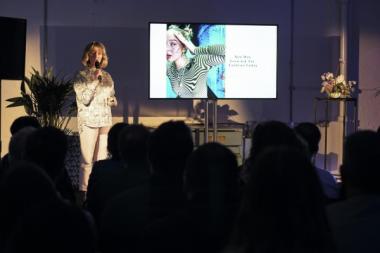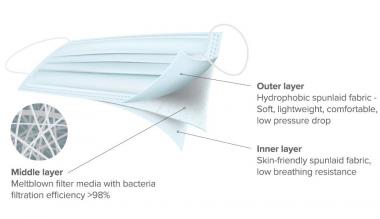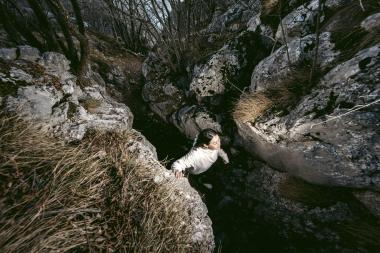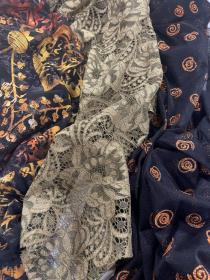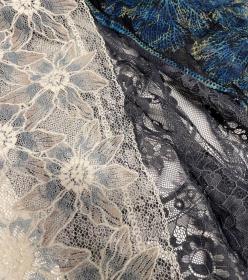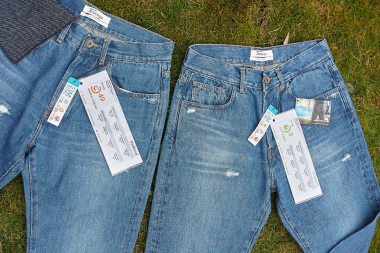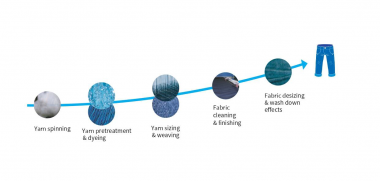Polyester recycling: Thai Polyester ordered four VacuFil recycling systems from BB Engineering
BB Engineering GmbH (Germany), a subsidiary of Oerlikon Textile, is pleased to announce that Thai Polyester Co., Ltd (Thailand) has placed a major order for four VacuFil systems for recycling bottle flakes with connected direct spinning. The polyester manufacturer, established in 2001 and with an overall annual capacity of 316,800 tons, is one of Thailand’s leading producers and exclusively uses German technology. To this end, the company already operates Oerlikon Barmag and Oerlikon Neumag systems. The BB Engineer-ing VacuFil systems will be deployed to convert existing spinning plant equipment from processing polyester to processing PET bottle flakes without loss of performance.
BB Engineering supplies the complete recycling process – from the drying stage and extrusion, all the way through to the spinning plant-appropriate fine filtration stage. Thanks to decades of experi-ence in spinning plant technology, the German machine construc-tor also provides comprehensive spinning plant know-how and is aware of how the recycling process must be designed to ensure that the product manufactured using the spinning plant ultimately has the right quality. The four new VacuFil systems will be integrated into the existing building infrastructure and process landscape at Thai Polyester, with a total output of approx. 4,000 kg/h. The Vacu-Fil systems will be complemented by BB Engineering 3DD mixers for directly feeding dyes into the recycled melt flow. Commissioning has been scheduled for 2023.
Thai Polyester will be using the new VacuFil systems to manufac-ture its ‘EcoTPC’ recycling-brand yarns. 100% of these polyester yarns are produced from bottle, fiber and yarn waste and are all GRS certified.
BB Engineering










